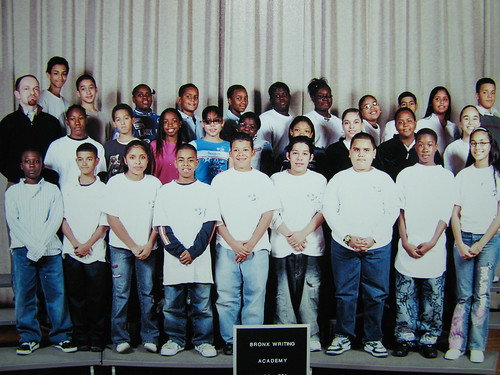INDEX CARDS–Be sure to have your index cards filled out for our wee brown bags! Remember, this is meant to be wonderfully positive and absolutely anonymous.
1. PBA–Comparative Essay
The following are due Monday:
- TWO COPIES of your PBA essay (one for me and one for your partner)
- All steps of the writing process including the edited first draft with your editor’s name clearly marked at the bottom of the first page.
Due the day of your presentation:
- Index cards or notes showing that you have prepared for your opening 2 minute presentation.
- Copy of your essay for YOU to refer to during the presentation.
- Your partner’s essay with your notes/questions written on the essay.
Failure to have any of the above means you are not prepared for your presentation.
Expectations for your presentation:
The meeting will last for 20 minutes (10 min per student). The first 2 minutes belong to you. TAKE ME BEHIND THE SCENES OF YOUR ESSAY.
While it is interesting to hear you discuss your thesis and your development of the argument, I am more interested in the thought process behind the essay. So organize your presentation in this fashion:
* Open with your thesis.
* Then, a little flashback. Take us through the thought process that led to that argument. Why did you choose those quotations? How do they help in the development of your argument? Why that argument? What were some of the challenges along the way? Etc. All throughout, I expect you to demonstrate great control of the material. (most of the time should be spent here)
As you are articulating the hows and whys of your argument (i.e. why this argument, how you proved your argument), feel free to include any last minute points that you would have included had you more time. While you should prepare your notes/note cards for the meeting, I don’t want you reading to me. The notes/note cards are there to show me that you have prepared for the meeting and they are there as a last resort reminder.
* During the remaining time, I and your second assessor will ask you a series of questions. During this time we might:
- Challenge an assertion
- Question your application of Existentialism (if relevant)
- Question your use of evidence. Ask questions if you don’t understand how the evidence is being used.
- Ask that you clarify a point
- Ask questions about the development of your thesis
- Present counter arguments
- Ask questions about your source material
- Ask questions that give you an opportunity to demonstrate greater depth of control.















































